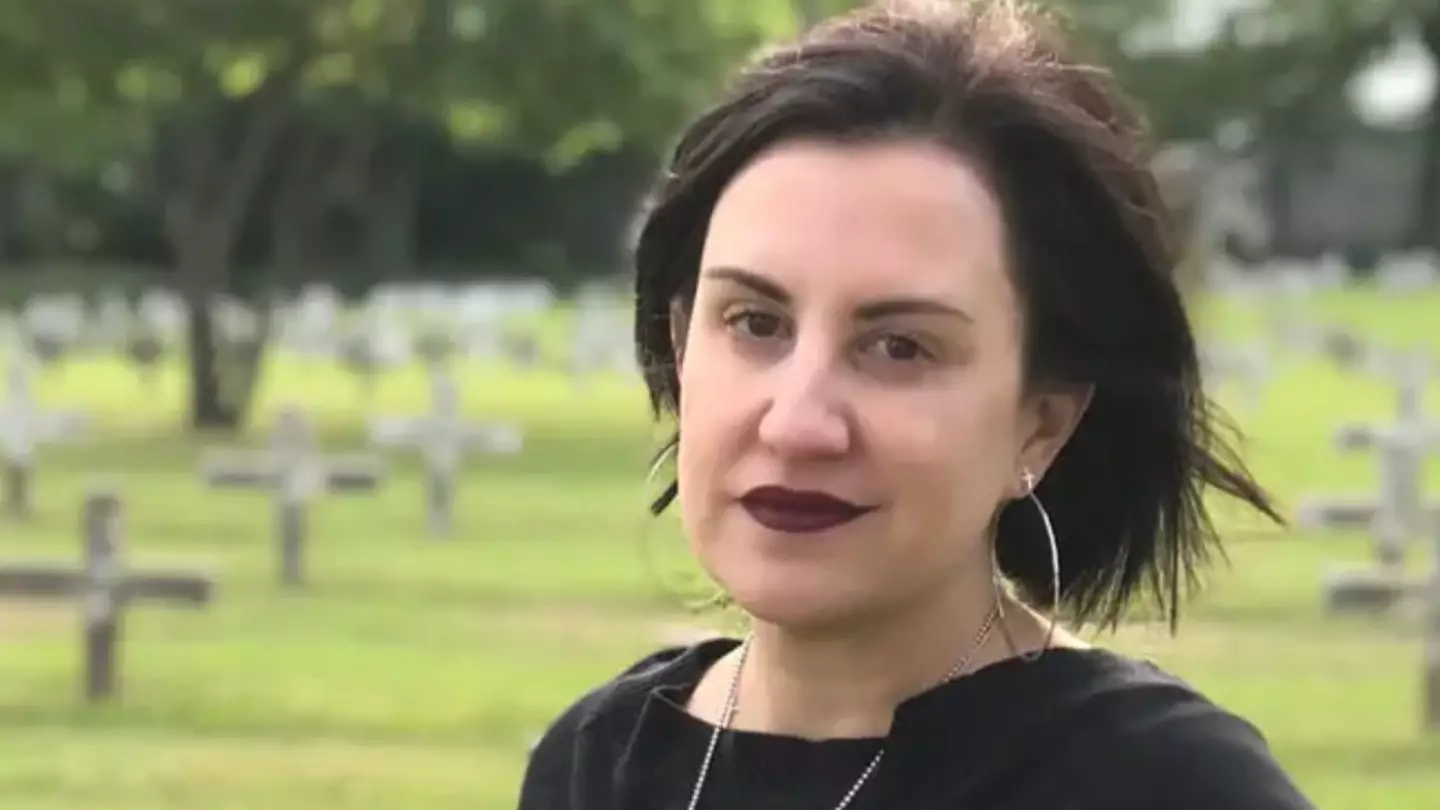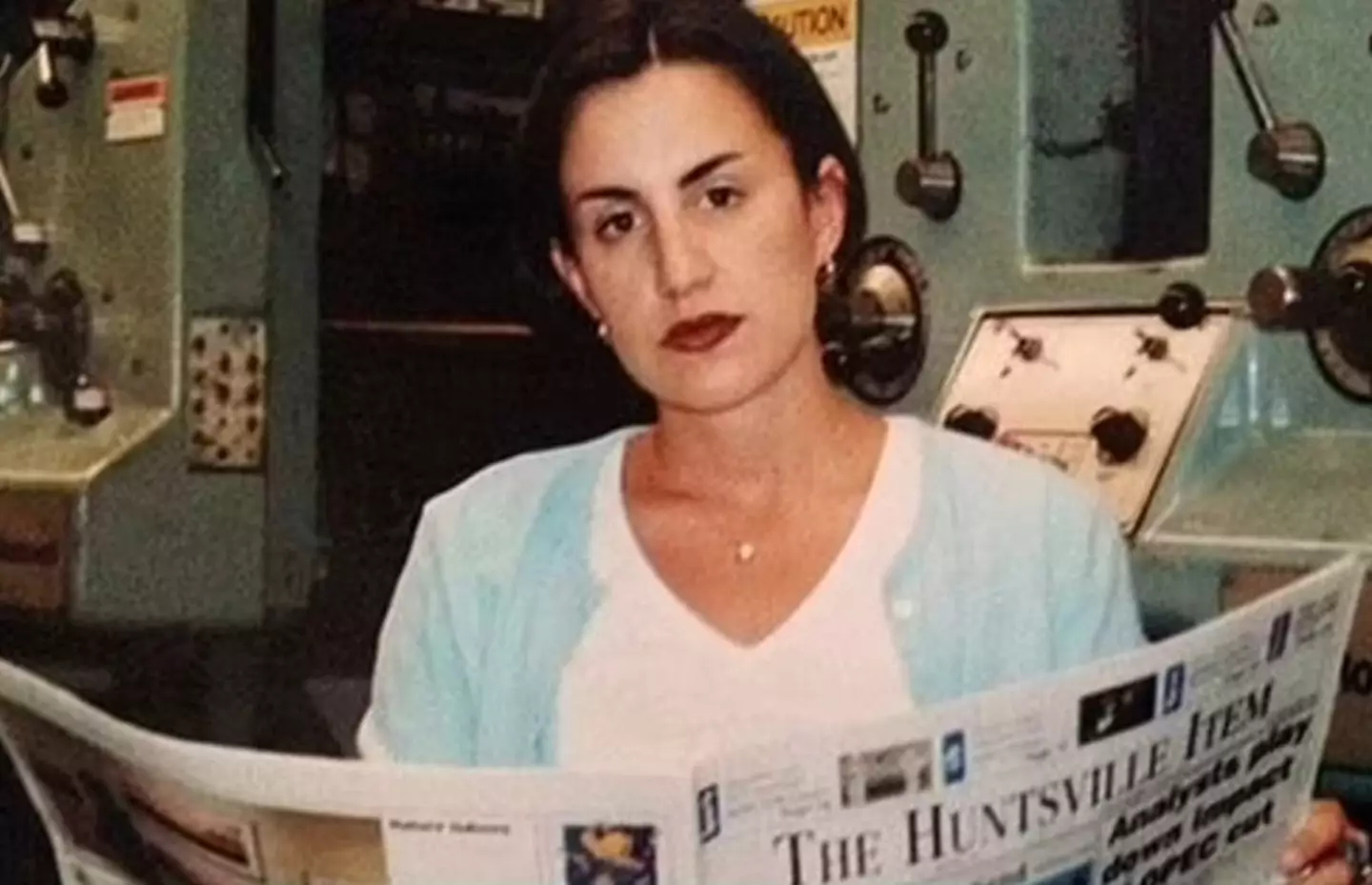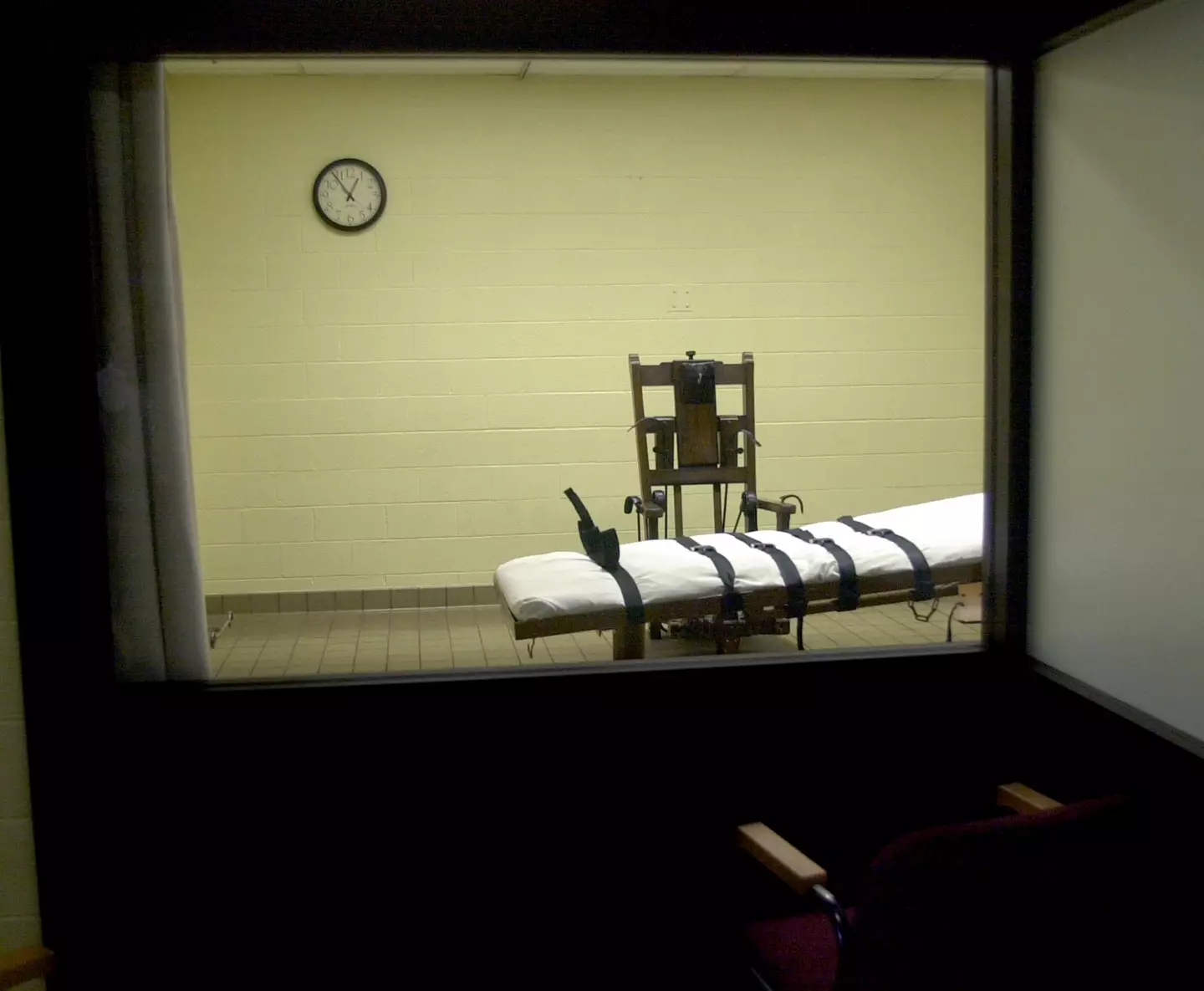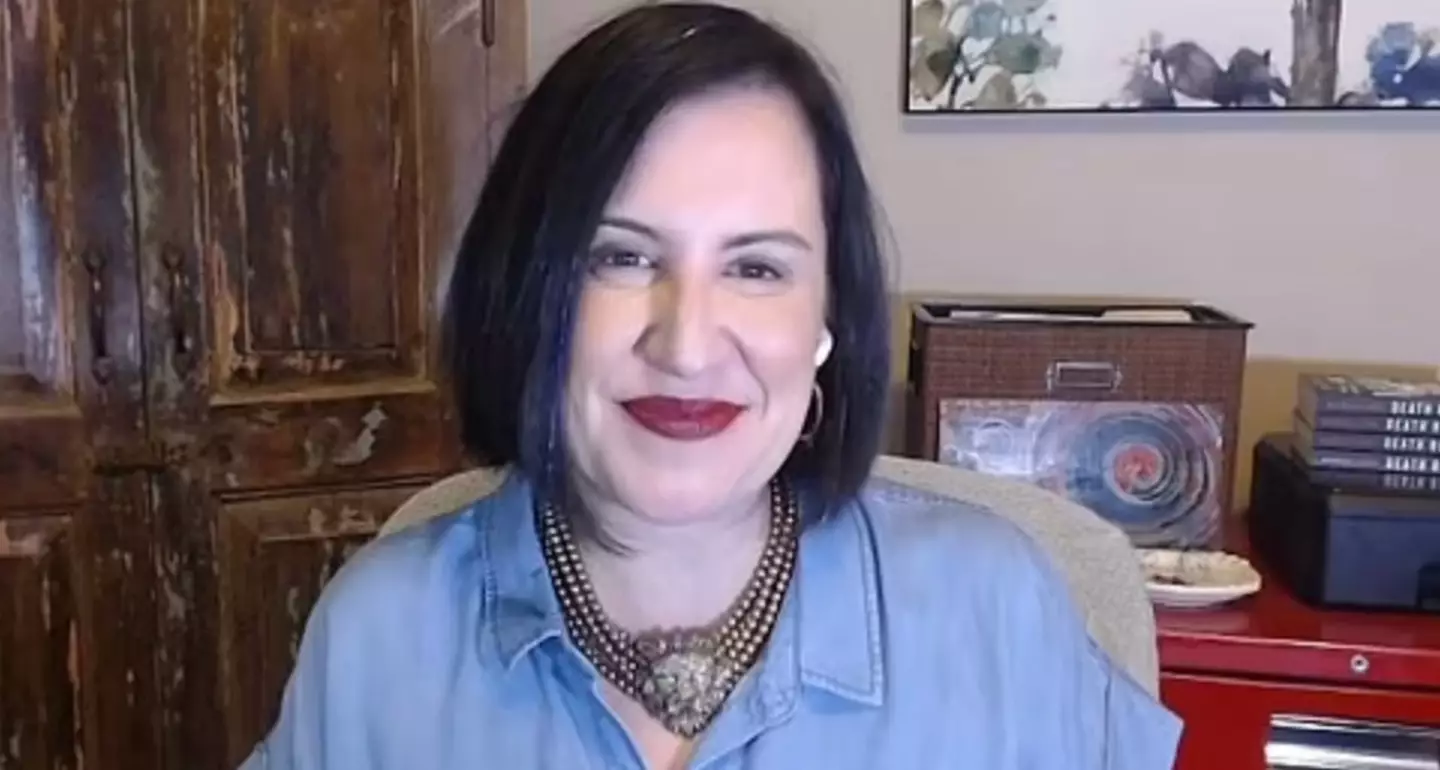
A woman who watched nearly 300 death row executions take place over 12 years opened up about how her macabre career impacted her life.
For more than a decade, it was part of Michelle Lyons' job description to observe the final moments of hundreds of prisoners in the US state of Texas.
She says the process never 'become mundane or normal', although she did become acclimatised to it - as she went on to watch so many executions that she 'can't recall' a lot of them.
Lyons first bore witness to capital punishment when she was just 22, two years before she began working as a reporter at The Huntsville Item.
Advert
And after watching Javier Cruz be put to death, she wrote in a journal entry: "I was completely fine with it. Am I supposed to be upset?"
But by the time she said goodbye to her career, Lyons had a very different set of opinions in regards to capital punishment.
What was Michelle Lyons' job?

Lyons joined The Huntsville Item in 2000 as a full-time reporter, working the prison beat before becoming a spokesperson for the Texas Department of Criminal Justice (TDCJ) the following year.
In her first year of covering death row reports, she witnessed a whopping 38 executions, but she thankfully had quite thick skin.
"Witnessing executions was just part of my job," Lyons told the BBC in 2018. "I was pro-death penalty, I thought it was the most appropriate punishment for certain crimes.
"And because I was young and bold, everything was black and white.
"If I had started exploring how the executions made me feel while I was seeing them, gave too much thought to the emotions that were in play, how would I have been able to go back into that room, month after month, year after year?"
How did her opinion on the death penalty change?

In hindsight, Lyons reckons her bid to compartmentalise what she saw on a daily basis wasn't as successful as she once thought.
"When I look at my execution notes now, I can see that things bothered me," she said. "But any misgivings I had, I shoved into a suitcase in my mind, which I kicked into a corner."
She explained that executions usually consisted of pleas for forgiveness, insistences upon innocence, unusual quotes and even the odd joke - while comparing an inmate's final moments to watching someone falling asleep.
Although she kept a professional distance, Lyons couldn't help but develop conflicting feelings for some of the prisoners on death row, given that she often spent years working with them.
When 25-year-old Napoleon Beazley received the ultimate punishment in 2002 for the murder of businessman John Luttig, a crime he committed aged 17, Lyons said she cried all the way home, believing that he 'could have been a productive member of society'.
She said: "I was rooting for him to win his appeals, but felt guilty about feeling that way. It was a heinous crime, and had I been the victim's family, I'd have absolutely wanted Napoleon to be executed.
"Did I have any right to feel sympathy for Napoleon, when Napoleon hadn't taken anything from me?"
But it was Lyons' pregnancy in 2004 which really changed her stance.
How does she feel about the death penalty now?

Lyons explained that she began to 'dread' executions following the birth of her daughter, while she was concerned about what trauma the tot might have been exposed to while she was still in her stomach.
"I started to worry that my baby could hear the inmates' last words, their pitiful apologies, their desperate claims of innocence, their sputtering and snoring," she said, before revealing how this uneasiness only worsened postpartum.
"I'd hear [inmates] moms sobbing, yelling, pounding the glass, kicking the wall. I had a baby at home that I would do anything for, and these women were watching their babies die.
"I'd be standing in the witness room thinking: 'There are no winners, everybody is being screwed over'."
She remained in her harrowing role for another seven years, before parting ways with the TDCJ and later winning a lawsuit against the government department for gender discrimination.
Although Lyons hoped leaving the job would allow her to leave her memories of the execution chamber behind her, she said it was 'quite the opposite'.
"I'd think about it all the time," the mum recalled. "It was like I'd taken the lid off Pandora's Box and I couldn't put it back on.
"I'd open a bag of chips and smell the death chamber."
Although her stance towards death row prisoners softened, in 2018, Lyons said she still remained a supporter of the death penalty - for those who she believes absolutely cannot be rehabilitated.
She said her memories had somewhat faded too, although this adds another layer of guilt.
Lyons added: "What does it say about me that I can't recall some of those men I saw executed? Maybe they deserve to be lonely and forgotten. Or maybe it's my job to remember."